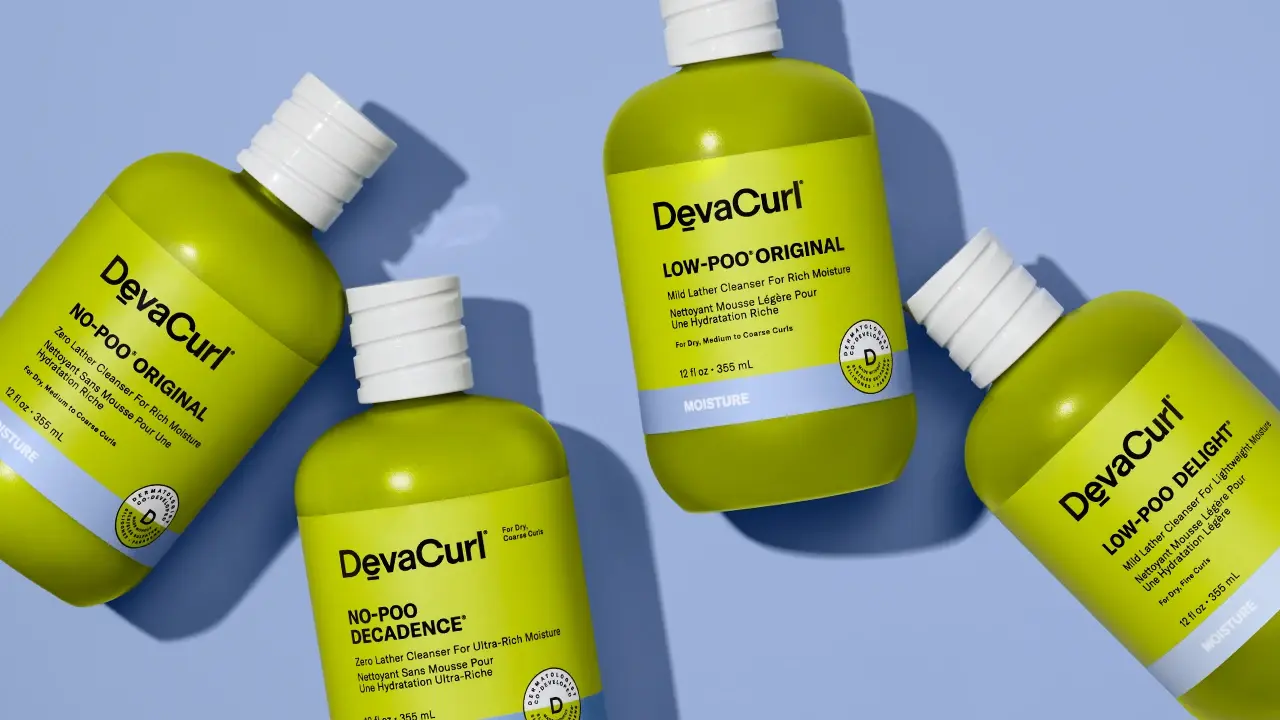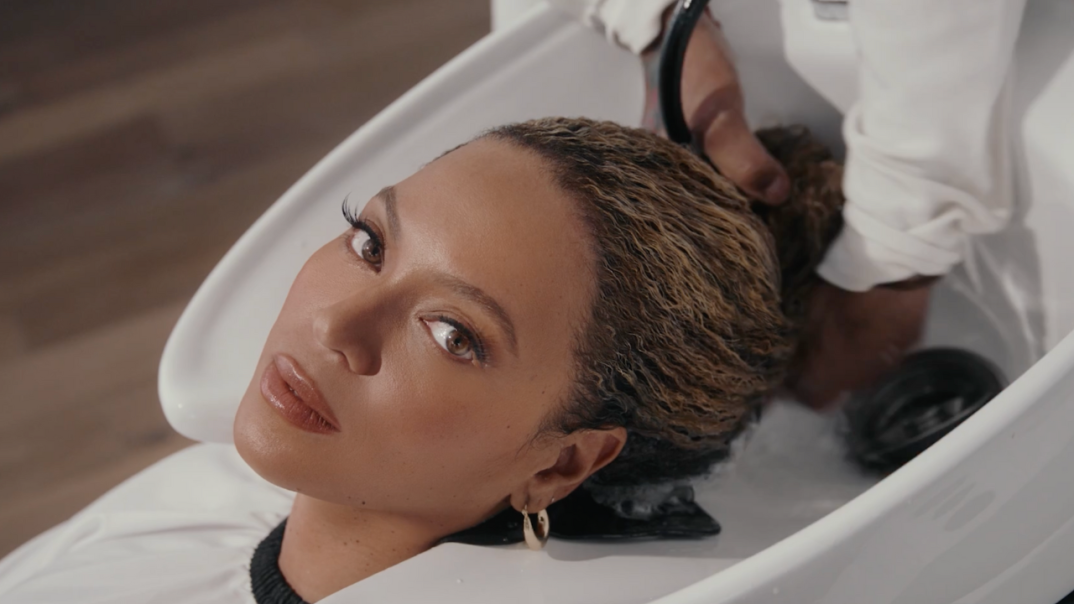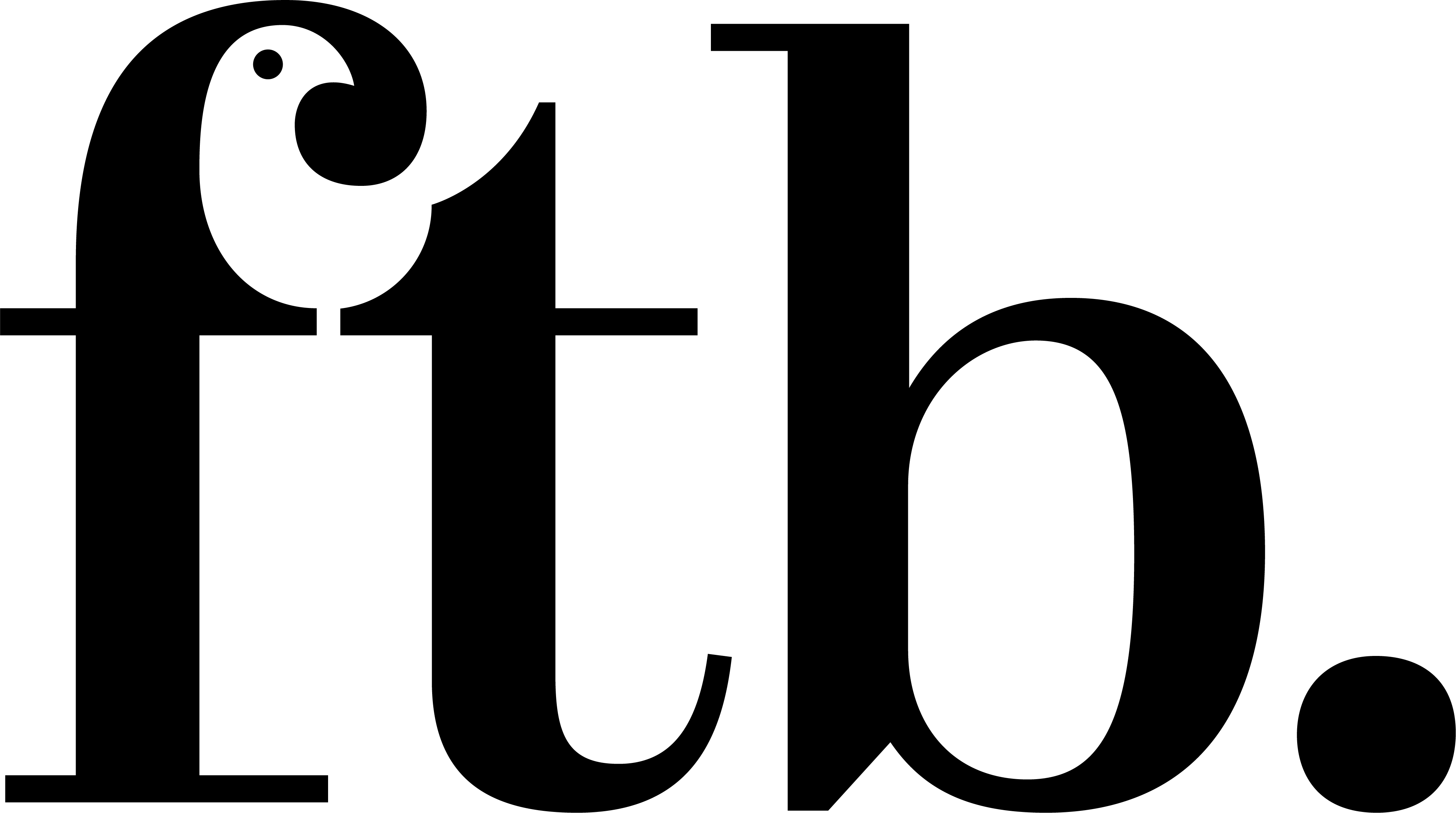Beautiful Thinking.





This growth is anticipated to continue as we move towards 2025 and beyond; with the industry growing at a compound annual growth rate of 10.4%, the global haircare market is expected to reach $213.47 billion by 2032.
However, as with all spaces in which progressive innovation occurs, we are seeing flaws emerge. As our team compiled the latest in our next generation trend reports – Crowsnest – focusing this time on haircare, these flaws began to appear as we dissected how trends today are being welcomed by, and impacting, consumers of today.
A loss of connection between customer and brand is never more evident than when a celebrity or high profile influencer is involved. The rise and rise again of social media has, more than ever, shone a harsh spotlight on the different lived realities of these figures and their legions of followers.
Whilst many revel in the perceived perfection of their luxurious lives, a growing number of social media users and customers are calling for a new era of de-influencing. This goes hand in hand with more brutally honest and upfront content which showcases realities of products customers use.
A celebrity who does not demonstrate a true connection with a brand and its products they have created, raises immediate alarm bells with this powerful, growing group of customers. A key example is Queen Bey herself. When Cécred launched to much fanfare and hype, it was not long before there was an outcry online at the belief that Beyoncé could not possibly use these products on her own hair.
Whilst in the wake of this criticism on Beyoncé’s use of her own products – and her credentials in setting up a haircare brand – many spoke out in support, highlighting the highly damaging criticism which women of colour in particular often receive, there remains a lesson to be taken from any celebrity delving into an industry which is at the core of so many customer’s confidence every day. They must feel trust in the products they’re purchasing, and no greater trust is fostered than with a demonstration that these prominent figures are willing to use these products themselves.
When social media channels create such ready-made opportunities for celebrities and influencers to introduce raw, honest, authentic content, this should be embraced. The development of a D2C brand is certainly no exception, and those figures who show how their products came to life, their involvement in the process, and the real life benefits for themselves and their customers will build long-lasting brand loyalty.
This is also true for any brand in the haircare space which has built itself around a solution to a significant problem which many face. A major trend which continues to influence development in the sector is curl maintenance. Until recently, the industry has been notorious in its lack of support for women (and men) whose curl type exists outside of the 1a – 2c range.
Independent brands and start-ups have supported true transformation in this space, particularly black female founders who have broken barriers to provide game-changing solutions for customers who have felt let down for years by mainstream brands which have simply not acted to cater for them. Where these brands have built such passionate followings, we have sadly seen instances in which they come under fire when perceived changes to the leadership or funding of the brand has fuelled concerns of formula changes.


This was married with concerns again of formula change after Mielle Organics sale to P&G. In 2020, specialised curl brand DevaCurl faced allegations of hair loss, damage to curl types and textured hair, and even scalp damage and psoriasis caused by the products.
Whilst it should not become the norm for these start-ups to face greater scrutiny than their peers due to the accessibility and reliability they have built over time both in their products but also as business leaders, issues such as hair damage and hair loss must be taken incredible seriously, and where possible, prepared for as part of the foundations of communication between brand and consumer.
Specialised brands catering to vital needs of consumers’ hair health should always ensure that efficacy and safety is at the core of their communications. Rigorous lab testing and clinical trials provide reassurance in third party experts confirming the efficacy of products. This not only supports education from the moment customers discover a brand, but can also be brought to the forefront in the face of any accusations related to effectiveness and quality.
Where a founder or leading figure is at the centre of a brand’s communication, customers must feel that they are seeing their real time, raw, reassuring response quickly in direct consumer engagement. False apologies, lack of communication and a lack of empathy in the issues customers face will cause significant further damage to a brand. This is especially true when customers are putting something as significant as the health of their hair in a business’ hands, particularly poignant for women and men of colour who have historically been mistreated by big brands.
As the haircare industry continues to grow and innovate, brands must prioritise transparency, credibility, and rigorous testing to maintain consumer trust. Whether through the involvement of influencers or addressing concerns about product safety, fostering genuine connections with customers is essential for long-term success. By focusing on these key areas, haircare companies can not only navigate challenges but also build stronger, lasting relationships with their consumers, ensuring their products remain trusted and respected in this evolving market.
